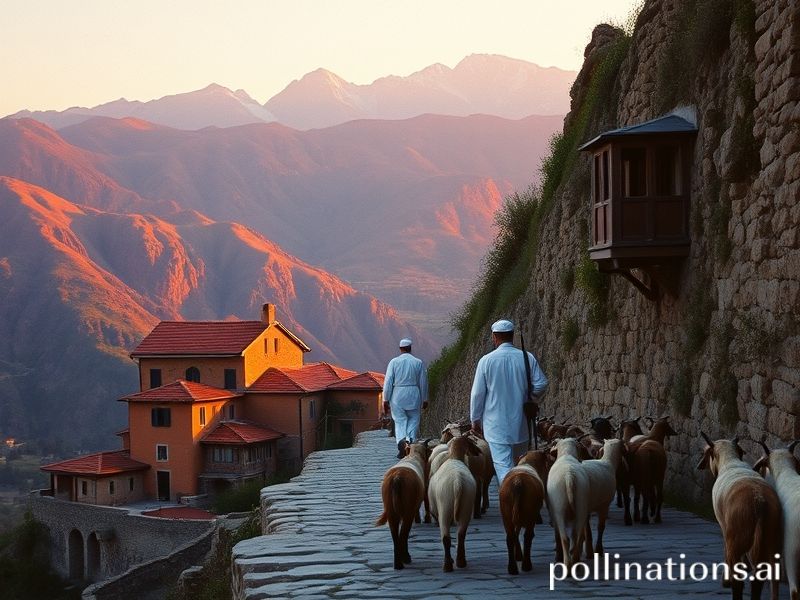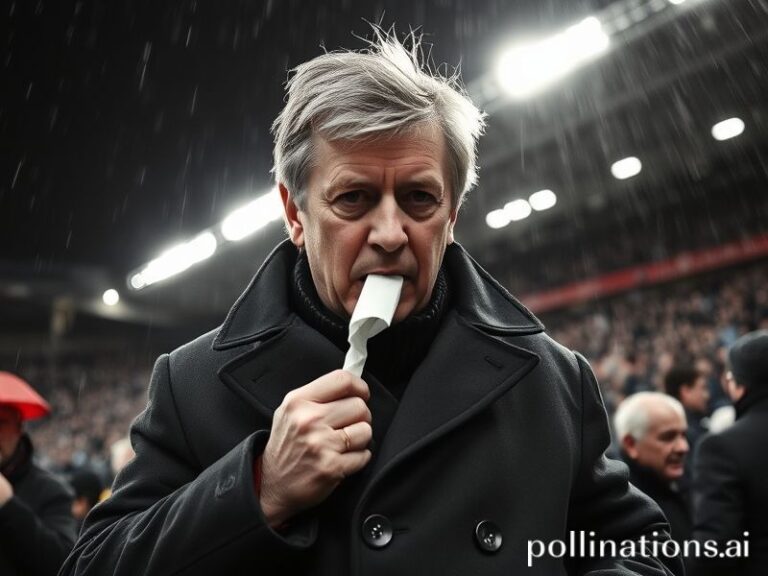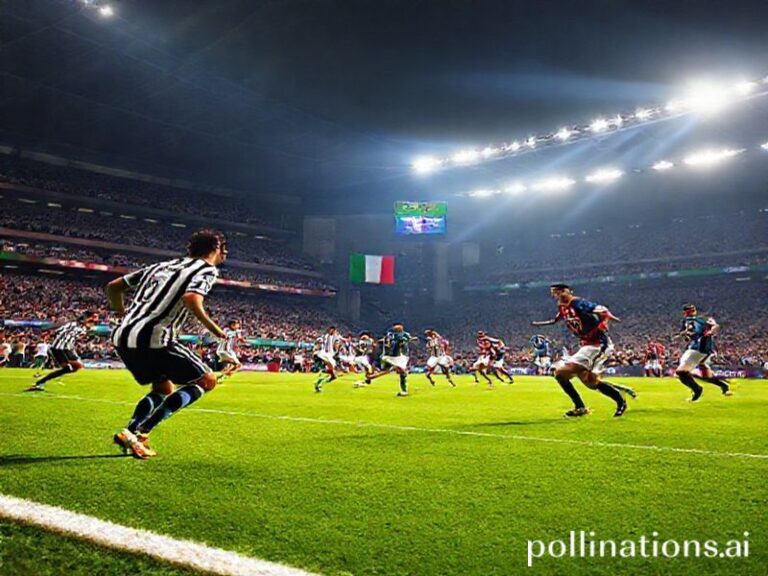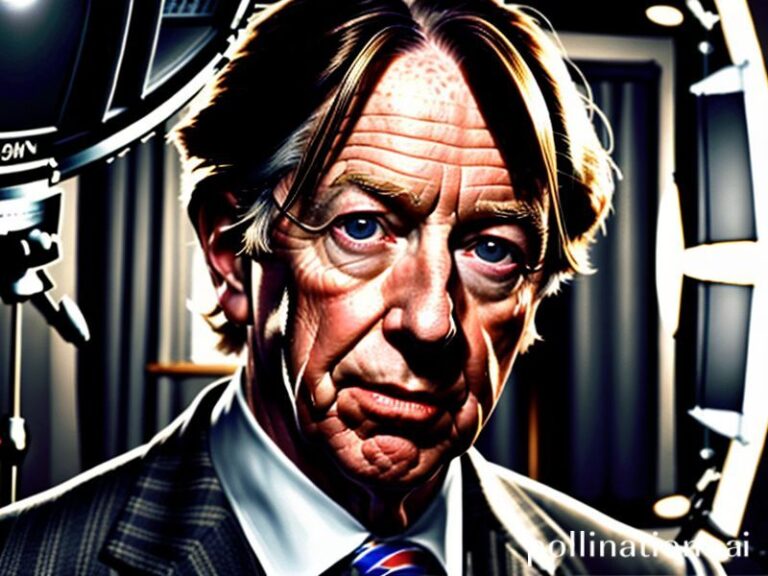Albania: The Balkan Canary No One Realizes They’re Choking
Albania: Europe’s Pocket-Sized Plot Twist
By our correspondent, who once spent a night in Tirana arguing with a taxi driver about whether the EU is a pyramid scheme (spoiler: the taxi driver won).
Tirana—In the great, weary telenovela of geopolitics, Albania keeps getting cast as the mysterious cousin who turns up late to family reunions, reeking of raki and carrying an unexplained suitcase. Larger powers nod politely, then Google “Albania NATO?” under the table. Yet this tiny Adriatic wedge—population roughly the size of metropolitan Berlin, GDP smaller than Delaware’s rainy-day fund—has become the canary in three separate coal mines: European enlargement fatigue, China’s Belt-and-Road debt tango, and the West’s evergreen inability to quit the Balkans. If the bird drops dead, the whole mine might need a new ventilation system.
First, the European Union. Brussels keeps dangling the accession carrot like a vegan at a barbecue—close enough to smell, never quite served. EU officials arrive in Tirana, praise “significant judicial progress,” then fly home to explain to voters why another poor country with mafia subtitles needs structural funds. Albanians, for their part, respond with the enthusiasm of a teenager promised a curfew extension: they’ll believe it when the keys are in their hand and the tank is full. Meanwhile, Germany quietly imports Albanian nurses, France imports Albanian cannabis, and everyone pretends the supply chain is a coincidence rather than a continent-wide internship program.
Enter China, stage left, waving yuan like cocktail napkins. Beijing’s footprint is still modest—roads, a few hydropower plants, a suspiciously large telecom contract—but the interest rates are juicier than the local figs. Tirana’s politicians, masters of the “why choose when you can invoice both sides” philosophy, have learned to sit between Brussels and Beijing the way one straddles a barstool: one foot in Europe, one in Asia, wallet open on the counter. The Belt and Road Initiative here looks less like a highway and more like a dating app: lots of swiping, occasional ghosting, and everyone pretending their intentions are purely infrastructural.
Then there’s NATO. Albania joined in 2009, proving that the alliance’s criteria are more flexible than a yoga retreat schedule. Since then, Tirana has offered troops to Afghanistan (they came back), Iraq (they’re still there), and now hosts a shiny new air base that looks suspiciously like a drone parking lot. Washington loves a reliable client: small enough to fit in a briefing slide, noisy enough at the UN to drown out bigger headaches. In exchange, Albania gets security guarantees and the occasional congressional delegation that photographs itself eating byrek for the folks back home. Mutual cynicism has rarely been so photogenic.
All of this matters because Albania is the regional stress test. If the EU can’t digest even this modest morsel, enlargement is deader than disco. If China succeeds in buying influence without triggering sanctions, every other cash-strapped Adriatic state will order the same combo meal. And if NATO keeps subcontracting stability to the smallest kid on the block, the alliance may discover that deterrence by PowerPoint is not, in fact, a doctrine.
Yet walk Tirana’s Blloku district at dusk and the plot thickens with every espresso. Former dictator bunkers have been converted into hipster bars where the playlist jumps from Tupac to turbofolk without warning. A generation raised on remittances and Instagram filters speaks better English than some EU commissioners and already treats borders as optional. They export code in the morning, import German cars by afternoon, and debate crypto regulation over dinner. Somewhere in this caffeinated choreography, Albania has become less a pawn and more a mood ring: its color changes depending on who’s squeezing it, but the band is definitely getting tighter.
So, next time Europe frets about “Western decline” or America wonders why its moral authority feels lighter than a Ryanair baggage allowance, remember Albania: the country that turned geopolitical neglect into a side hustle. It may look like a footnote, but footnotes have a habit of becoming epilogues—especially when no one reads the fine print until the interest compounds.







